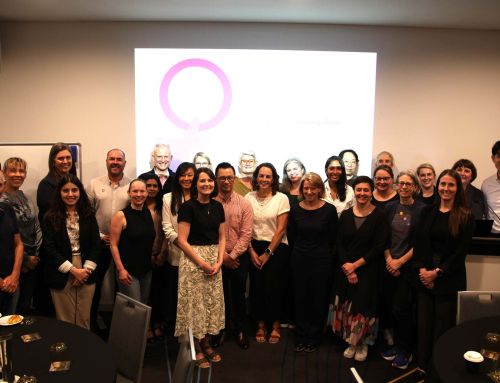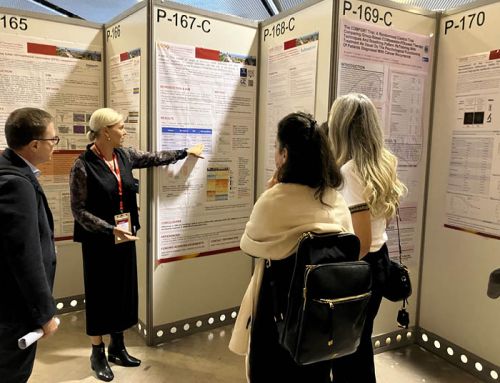A new journal has been published by the Journal for ImmunoTherapy of Cancer for ANZGOG’s PHAEDRA study.
The PHAEDRA study examined the activity of the immunotherapeutic agent durvalumab in women with advanced endometrial cancer that were either dMMR or pMMR. A total of 71 women were enrolled across 10 sites in Australia between February 2017 and September 2018.
PHAEDRA showed durvalumab to have promising efficacy in dMMR patients, with tumour shrinkage evident in 47% of the patients (17/36), in disappointing contrast, only three per cent of pMMR patients responded (1/35). In the dMMR patient group, a positive response was greater in those where durvalumab was their first-line of therapy. The median time to cancer progression was 8.3 months in the dMMR group compared to only 1.8 months in the pMMR group. Durvalumab was well tolerated, with only low-grade immune-related adverse events reported.
“The encouraging outcomes are consistent with results coming out from other trials that have tested different immunotherapies in endometrial cancer, and certainly implies a change to the way we should consider treating dMMR endometrial cancers, but also points to the need for further research to understand how to improve on the response to immune therapy, particularly in the pMMR cancers.”
Assoc Prof Yoland Antill, Principle Investigator of PHAEDRA











